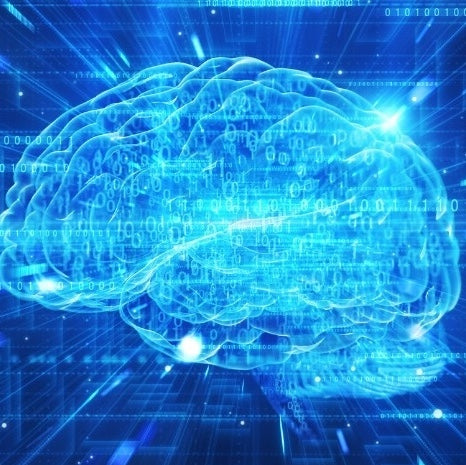Research -- StepUp to Learn
How Sleep Blocks Unwanted Thoughts (and Keeps You Focused)
A new link between sleep and mental health includes brain regions that keep unwanted memories out of mind.
New Brain Mapping Technique Reveals Insights into Attention and Language
Mapping connections between brain regions reveals insights into how higher order functions like language and attention are organized.
Memories Are Not Only in the Brain
Study shows these cells learn and make memories in ways similar to neurons
How Do You Remember How to Ride a Bike? Thank Your Cerebellum.
Part researchers, part detectives, two Harvard professors deepen our understanding of long-term motor skill memories.
Scanning, Scrolling, and Swiping: New Research Uncovers Why Our Brains Are Effective at Quickly Processing Short Messages
Our brains detect basic sentence structure nearly as quickly as they recognize a visual scene.
Echoes in the Brain: Why Today’s Workout Could Fuel Next Week’s Bright Idea
The everyday effects of sleep, exercise, heart rate and mood could linger in our brains for over two weeks, according to a pioneering study.
Brain-Wide Decision-Making Dynamics Discovered
Researchers map how the brain transforms sensation into action.
How the Brain Orchestrates Motion with Sensory Cues
New study reveals how, in flies, a single brain cell can drive multiple movements of the body, in partnership with sensory cues.
How Spontaneous Neural Activity Powers Brain Wiring in Utero
Eureka! Exploring Learning Through Moments of Insight
Learning is often not a gradual process, but takes place in leaps and bounds.
Brain-Imaging Study Reveals Curiosity as it Emerges
In a first, researchers link subjective feelings of curiosity to the way the brain physically represents it.












